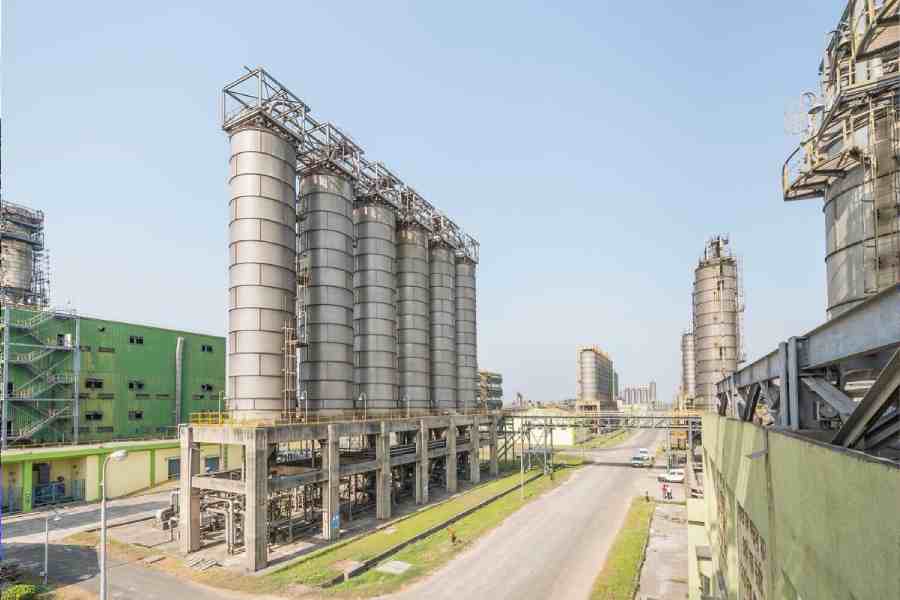The Bengal government has been asked to deposit ₹2,063 crore with the court to obtain a stay on the arbitral award which granted Haldia Petrochemicals Ltd ₹2,968 crore in unpaid incentives.
In an order on Friday, the Calcutta High Court declined to impose an unconditional stay sought by the state.
Justice Krishna Rao said the court was not satisfied the petitioners have made out any prima facie case for an unconditional stay on the award dated September 18, 2023.
“The petitioners are directed to secure the entire awarded amount with the Registrar, Original Side within a period of six weeks from date. 50 per cent of the awarded amount shall be transferred through bank in the account of the Registrar, Original Side of this court and the Registrar, Original Side on receipt of the said amount shall invest in an interest bearing fixed deposit with the nationalised bank and remaining 50 per cent of the awarded amount by way of bank guarantee within the time period mentioned above,” the order read.
The state may not have multiple options given the precarious health of the exchequer. It may challenge the order before the Supreme Court.
TCG was represented by Avijit Deb Partners and arguments were made by senior advocates Sudipto Sarkar and Ratnanko Banerji. The state was represented by advocate-general Kishore Dutta and senior advocate Jishnu Saha.
The dispute
The dispute stems from a tripartite agreement among HPL promoter TCG, HPL and WBIDC on September 11, 2014, whereby the private party bought 52 crore shares from WBIDC for ₹25.10 apiece.
The agreement stipulated HPL would be able to avail 75 per cent of its unutilised incentives amounting to ₹3,285 crore over 19 years starting January 1, 2016.
In the event GST is rolled out, the incentives would be payable to the extent the tax accrues to the state.
During the 18 months between January 1, 2016 to June 30, 2017, HPL collected VAT from the sale of its products but did not deposit the levy to the state, adjusting the unutilised incentives as per the share purchase agreement (SPA). The company collected around ₹317 crore.
From July 1, 2017, HPL continued to collect GST, which replaced VAT, and deposited it with authorities, expecting the tax accruing to the state (SGST) to be reimbursed. However, the company did not receive any reimbursement.
Essex, an HPL promoter company, successfully made out the case that it was the onus of the state to return the state’s share (SGST) to HPL. According to TCG submission before HC, that amount accrued to HPL is ₹2,063 crore as on April 30, 2024.
Advocate-general Dutta told HC the arbitral tribunal wrongly concluded the ‘Incentives’ extended to HPL were not ‘tax’ incentives but the state had promised financial incentives/benefits to HPL through a contractual agreement.
He submitted that on the basis of the erroneous conclusion, the tribunal held it will treat the incentives as contractual obligations, mutually agreed to by the parties, and not as tax incentives.
Justice Rao said it was evident the incentives were not extended under the West Bengal Incentive Scheme, 1999. The incentives to HPL under schedule-5 of SPA were not tax incentives; the only inference is the same would be contractual obligations as agreed by the state.











